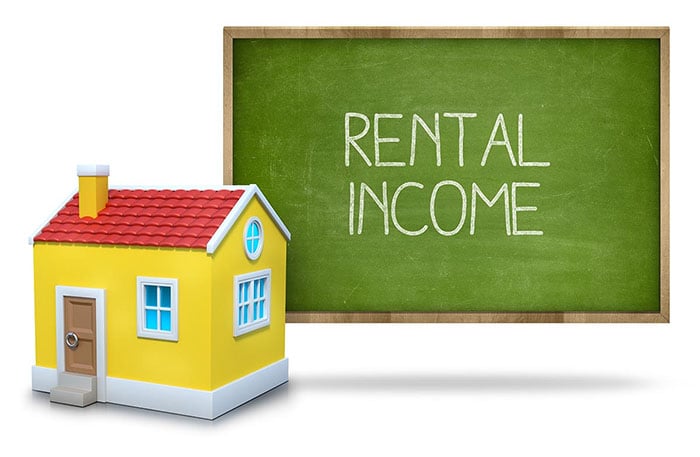Owning real estate is a primary tool for building wealth. There are so many considerations that you need a Realtor to guide you to the right property.
» A personal retirement plan: Can we even count on Social Security as a retirement option anymore? When managed correctly, investment properties are a very good potential source of passive income for when you retire.
» Deferment of capital gain tax: When you sell an investment property, if you made more money than you bought it for, that’s called your “capital gains”, and Uncle Sam will tax you on that gain. However, the government allows you to transfer it into another “like kind” property by using a 1031 tax exchange. This allows you to bypass taxation by deferring the financial gain into your next investment.
» Instant equity: It’s possible to find investment properties that are $5K, $10K, $15K (or more) below market value. When an investor buys properties like this, he or she can instantly use the equity. Equity is the difference between what the property is worth and what you owe. You can borrow the amount of equity you have to purchase another rental property or use for another investment.
» Appreciation/Long term growth: Real Estate investing is about buying and holding properties for the future because the value will almost invariably continue to increase. Some investors like to buy, fix, rent and sell at a profit, but if you keep your rental property until the mortgage is paid – and don’t forget, the tenant is making your mortgage payments – then once it’s paid off, the monthly payments become your retirement income.
» Benefits: Tax deductions (mortgage interest and depreciation), cash flow/ongoing income.
What to watch out for
Be aware of expenses of ownership. Some landlords pay water/sewer/trash, utilities, grass cutting and lawn care, and upkeep. Older homes tend to need more maintenance, so look at what that may cost compared to the monthly rental income. Also, the mortgage loan you obtain for a rental property will require higher interest and a larger down payment than what is required when you purchase your own home. Ask your accountant about what expenses are tax deductible. Also, you will need to pay income tax on the rent money you collect.
What’s important
Location, features, amenities and size all vary greatly when analyzing what you’ll need to spend and how much you’ll be able to collect in rent.
Considerations
Single-family home, apartment, townhouse, condo or duplex? Single-family homes tend to attract longer term tenants who typically are more financially stable. A duplex gives you two income sources.
What makes sense
It’s not the house you will live in. It doesn’t need to meet your personal needs.
Advice
Look for three bedrooms and, if possible, more than one bathroom, a safe location and good schools, a place where county taxes are lower than city, low maintenance, low fix-up cost, positive monthly cash flow and good appreciation. Your local Realtor is a trusted advisor. He or she knows the market and will help you to make the right decision.


